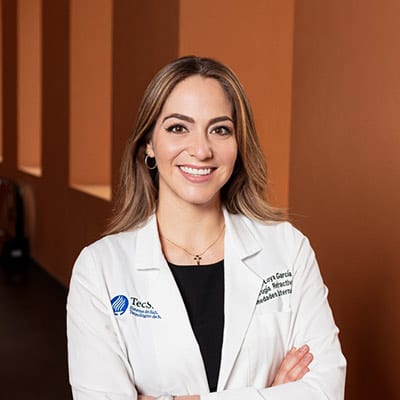Science Communication… Is There Training?
Dr. Denise Loya García
27 August 2020
As medical researchers, we know that the importance of research is as much about ideas as it is about knowing how to communicate them. Science communication is part of our daily life; as doctors we must inform our patients about their sufferings and treatments, give lectures, write scientific articles or proposals.
For this reason, I am very grateful to have been accepted as one of the 10 international second generation members of the Science Communication Training Fellowship program offered by the Association for Research in Vision and Ophthalmology (ARVO). This program lasts 1 year and aims to teach young researchers to communicate science effectively and in this way increase interest in research and engage the general public. The goal is to create knowledge, facilitate its understanding and, above all, to demonstrate the value of research in ophthalmology and visual sciences, as well as to promote a lasting relationship between young researchers and ARVO.
During this year of training, we carried out several activities to create interest and involve all types of audiences, learned how to make a press release, and were provided with strategies and advice focused on how to create and present a more effective and high-impact poster and oral presentation. One of the most important projects of this program was the design and organization of a large communication event with community participation, which we developed successfully and I was able to share with other colleagues and new members of the program at the end of the course during the annual meeting of ARVO. I had the opportunity not only to tell my experiences and learning with my other classmates, but also to create community and relationships that are still present today.
These tools have allowed me to communicate my ideas and those of my team, as well as our work and research effectively, to a more general, non-scientific audience. This is amazing, because when it happens, science grows, progresses, encourages collaboration and innovation. Proper communication generates support for science and a broader understanding for society. It motivates much more informed decision making and allows us access to audiences that have traditionally been excluded from the scientific process. This communication involves transmitting science-related information from one person to another through different channels ranging from a tweet to a peer-reviewed scientific article.
Fortunately, teaching programs for effective communication are increasing and the tools to develop them are being recognized as basic skills that every professional should have. This fellowship helped me to becoming aware of the importance and impact that a clear and concise communication has, created in me a motivation to search and generate strategies to make science, but above all visual and ophthalmology more attractive and inclusive to all types of audiences. I highly recommend this experience and learning and hope that just like me, it will surprise and motivate more young researchers to participate in this type of training.

Denise Loya Garcia, MD PhD
Cornea, refractive surgery and external disease specialist
Tecnológico de Monterrey, School of Medicine


